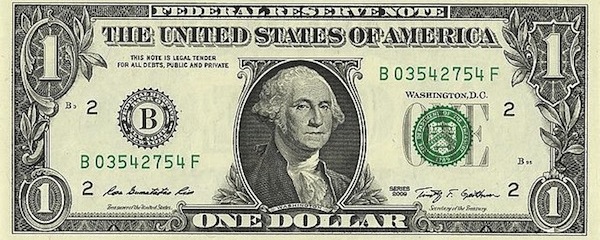Part 2: Why did some industrialized nations wait so long to get a minimum wage? When did the UK, Germany, and France get minimum wage laws? Why do some industrialized nations still not have legal minimum wages? || This original research was produced for The Globalist Research Center and Arsenal For Democracy.
Why did some industrialized nations wait so long to get a minimum wage?
From a historical perspective, minimum wage laws were implemented first in countries where trade union movements were not strong. Countries such as the UK that traditionally had strong labor unions have tended to be late adopters on minimum wage laws.
In those countries, powerful unions were able to bargain collectively with employers to set wage floors, without needing legislative minimums.
The early gold standard guideline for government participation in wage setting was the International Labor Organization’s Convention No. 26 from 1928 – although many industrialized countries never adopted it.
The convention said that governments should create regulatory systems to set wages, unless “collective agreement” could ensure fair effective wages. This distinction acknowledged that, by 1928, there was already a major split in approaches to creating effective wage floors: leaving it to labor organizers versus using statutes and regulators.
When did the UK, Germany, and France get minimum wage laws?
Much like pioneers New Zealander and Australia, the United Kingdom did adopt “Trade Boards” as early as 1909 to try to oversee and arbitrate bargaining between labor and management. However, its coverage was far less comprehensive than Australian and New Zealand counterparts and cannot be considered a true minimum wage system. Instead, UK workers counted on labor unions to negotiate their wages for most of the 20th century.
The Labour Party introduced the UK’s first statutory minimum wage less than two decades ago, in 1998, when it took over the government following 18 years of a Conservative government that had focused on weakening British unions. The country’s current hourly minimum wage for workers aged 21 and up is £6.50 (i.e. about $8.40 in purchasing power parity terms), or about 45% of median UK wages.
Despite opposition to minimum wages in some quarters, The Economist magazine noted recently that studies consistently show that there is little impact on hiring decisions when the minimum wage level is set below 50% of median pay. Above that level, some economists believe low-level jobs would be shed or automated, but this is also not definitively proven either.
In fact, not all countries with minimum wages above that supposed 50% threshold — a list which includes at least 13 industrialized economies, according to the OECD — seem to have those hypothesized problems. True, some of them do, but that may indicate other economic factors at work.
Germany, Europe’s largest economy, only adopted a minimum wage law after the 2013 federal elections. Previously, wages had generally been set by collective bargaining between workers’ unions and companies.
As a result of the postwar occupation in the western sectors, Germany also uses the “codetermination” system of corporate management, which puts unions on the company boards directly. This too encourages amicable negotiations in wage setting, to ensure the company’s long-term health, which benefits the workers and owners alike.
The new minimum wage amounts to €8.50 per hour ($10.20 in PPP-adjusted terms), or more than 45% of median German pay.
However, in some areas of Germany, the local median is much lower. There, the minimum wage affords significantly more purchasing power. In eastern Germany, the minimum is about 60% of median wages.
In France, where unions have long had a more antagonistic relationship with management, a minimum wage law was adopted much earlier – in 1950. It is now €9.61 per hour (about $10.90 in PPP-adjusted terms), or more than 60% of median French pay.
N.B. Purchasing-power currency conversions are from 2012 local currency to 2012 international dollars rounded from UN data.
Why do some industrialized nations still not have legal minimum wages?
Because of their generous social welfare systems, one might assume that the Nordic countries were early adopters of minimum wage laws. In fact, Denmark, Sweden, Norway, Finland, and Iceland all lack a minimum wage, even today.
Instead, wages in these countries are virtually all set by collective bargaining in every sector – conducted between workers’ unions, corporations, and the state. (This is known as tripartism.) Non-union workers generally receive the same pay negotiated by the unions.
A prevailing minimum or average lower-end wage can usually be estimated, but there is no law. In U.S. dollar terms, Denmark’s approximate lowest wage level is higher than almost every minimum wage in the world. Mid-level wages are even higher. Even McDonald’s workers in Denmark reportedly make the equivalent of $20/hour.
Missed part one? New Zealand, Australia, Massachusetts, the New Deal, and China: How governments took an active role initially, and how they balance economic variability now.



